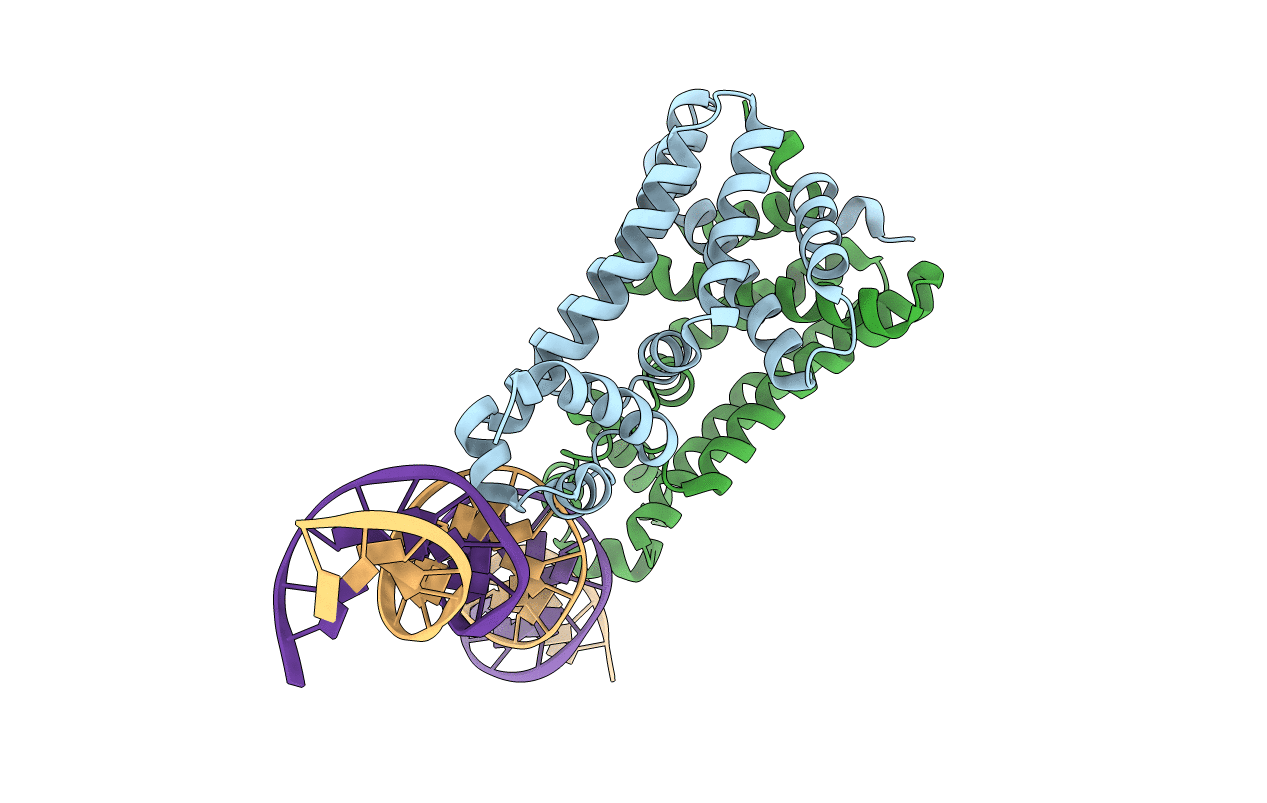
Deposition Date
2019-03-07
Release Date
2020-03-11
Last Version Date
2023-10-11
Entry Detail
PDB ID:
6O6P
Keywords:
Title:
Structure of the regulator FasR from Mycobacterium tuberculosis in complex with DNA
Biological Source:
Source Organism(s):
Mycobacterium tuberculosis (Taxon ID: 1773)
Expression System(s):
Method Details:
Experimental Method:
Resolution:
3.85 Å
R-Value Free:
0.33
R-Value Work:
0.28
R-Value Observed:
0.29
Space Group:
C 2 2 21


